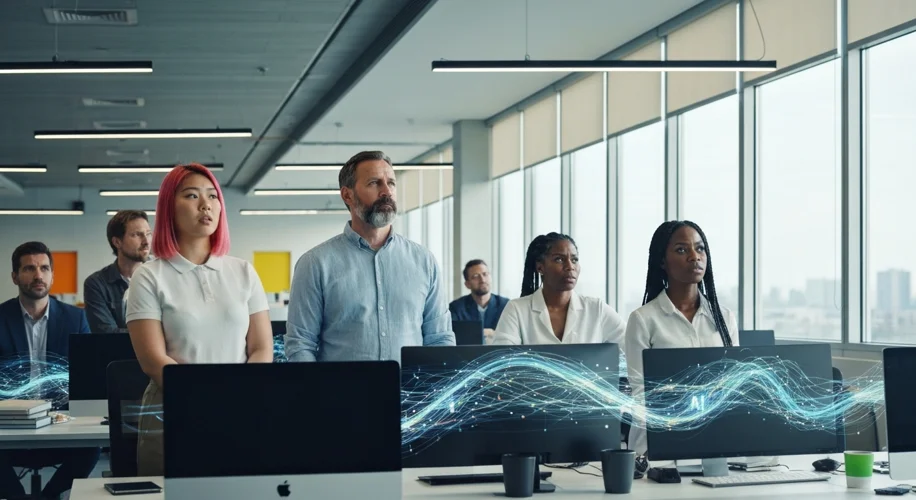It’s no secret that Artificial Intelligence is changing the way we work. As someone who’s spent decades in the software industry, I’ve seen technology’s evolution firsthand. But lately, the conversations are shifting, and CEOs are openly discussing how AI is leading to reduced workforces.
This isn’t just theoretical anymore. We’re seeing leaders in major companies discussing AI integration and, in the same breath, mentioning workforce adjustments. The efficiency gains are undeniable. AI can automate tasks, analyze data at speeds humans can’t match, and operate around the clock. For businesses looking to streamline operations, these are powerful advantages.
However, this trend raises important questions about the future of employment. When AI can perform tasks previously done by people, what happens to those jobs? It’s a complex issue with no easy answers. We need to consider the societal impact of these technological shifts. The goal shouldn’t just be maximizing efficiency, but also finding a balance that supports human workers and the broader economy.
From my perspective, the key isn’t to resist AI, but to understand it and guide its integration thoughtfully. We need to ask ourselves how we can harness AI’s power while ensuring that its benefits are shared broadly. This includes thinking about retraining programs, adapting education systems, and exploring new job categories that emerge alongside AI.
The conversations happening today are critical. They highlight the need for a nuanced approach to AI adoption. It’s crucial to consider the human element in this technological advancement. We must ensure that as businesses become more efficient, society as a whole remains resilient and adaptable.

